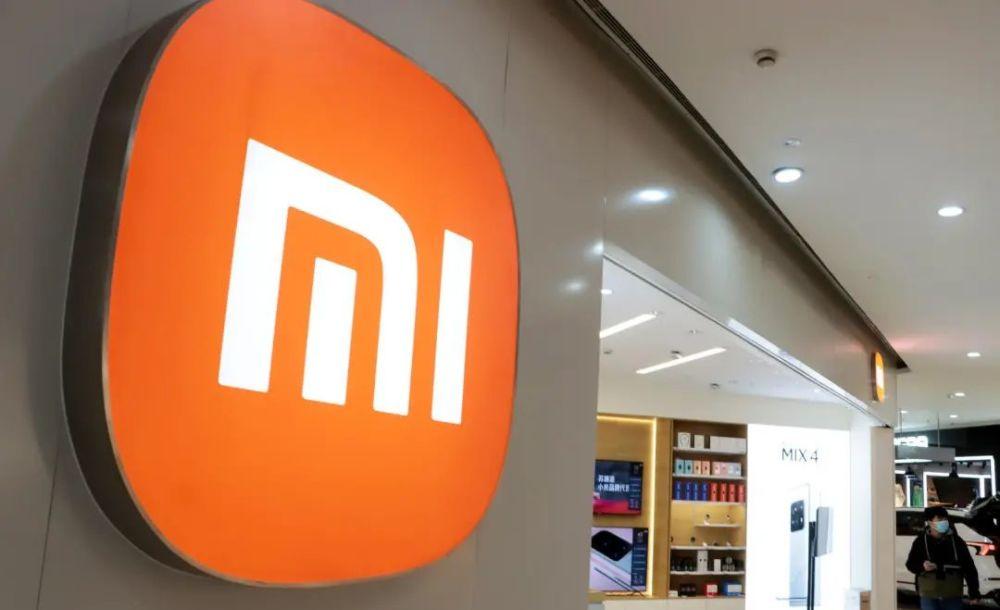On the evening of January 28, it was reported that Xiaomi (01810. HK) announced through internal email that Chang Cheng, vice president of the company and general manager of Xiaomi's mobile phone product department, left his job for personal reasons.

At 7:00 a.m. on January 29, Chang Cheng responded through Weibo and admitted to leaving Xiaomi. He said: "Thanks to my rice, I have personally experienced the power of the millet model in two years, and I have also met a group of young friends who like products and love products." Sincerely wish me a boundless rice, the sea of stars. In addition, its Weibo picture reads, "Work hard separately, each for the better, identify with each other, and watch over each other." ”
The day before responding to the departure, Changcheng still posted Weibo for the promotion of Xiaomi's new machine "Xiaomi 12".
On the morning of January 29, for the resignation of Changcheng, Xiaomi responded to the Red Star Capital Bureau: "As an enterprise, it fully understands and respects personal wishes, and thanks Changcheng for its support and hard work in the past work, and also wishes him a smooth career path in the future." Xiaomi already has sufficient talent reserve echelon construction, personnel changes will not affect the normal development of business, has a proper business connection. ”
According to informed sources, after Chang Cheng left his post, Zeng Xuezhong, president of Xiaomi's mobile phone department, took over his work and concurrently served as the general manager of Xiaomi's mobile phone product department.
Prior to joining Xiaomi, Chang Cheng served as Vice President of Lenovo Group and Head of Mobile Phone Business in China. On December 31, 2019, Changcheng Weibo officially announced his departure from Lenovo. On January 2, 2020, Lei Jun announced that Changcheng joined Xiaomi as vice president of the group and was responsible for mobile phone product planning.
Chang Cheng joined Xiaomi two days after leaving Lenovo, which also caused controversy over the non-compete agreement. In June 2020, Lenovo initiated arbitration over Changcheng's breach of its non-compete obligations.
In October 2020, the Haidian District Labor and Personnel Dispute Arbitration Commission ruled on the matter, according to 21st Century Business Herald, the ruling was that Changcheng would continue to perform its non-compete obligations, and would pay liquidated damages of about 5.25 million yuan for violating the non-compete restriction, and return the non-compete compensation previously paid by Lenovo.
It is understood that the non-compete agreement dispute between Lenovo Group and former Lenovo vice president Chang Cheng can be traced back to the beginning of 2020. On December 31, 2019, Chang Cheng, then vice president of Lenovo Group and head of the China region of the mobile business, left his job due to family reasons. Just two days later, Changcheng announced that he had joined the Xiaomi Group as vice president and responsible for mobile phone product planning.
Shortly after Chang Cheng took office, the Xiaomi Mi 10 Youth Edition promotional copy given was scolded as vulgar, and since then he has kept a low profile and has not been given the opportunity to operate independently.
Since then, there has been a lot of debate about whether Changcheng violated the non-compete agreement.
Since Lenovo and Changcheng began negotiations in June, the two sides have held several hearings at the Arbitration Commission. Among them, on September 17, Lenovo Group officially revealed to the media that the non-compete agreement appointed by the labor arbitration tribunal was finally confirmed by the appraisal agency appointed by the labor arbitration tribunal, and the focus of the dispute between the two parties was determined to be signed by Changcheng himself on July 24, 2017.
It is worth noting that, according to the provisions of the Labor Law, after the termination or termination of the labor contract, the non-compete period for the personnel provided for in the preceding paragraph to go to other employers that have a competitive relationship with the unit that produces or operates similar products or engages in similar business, or who opens their own business to produce or operate similar products or engage in similar business, shall not exceed two years.
That is to say, the non-compete agreement also has a "validity period", and Changcheng initiates a lawsuit against the ruling result according to the procedure, and the ruling result "does not take effect according to law" and can continue to serve in the Xiaomi Group and continue to work. According to the mainland's statutory procedures, there will be first-instance and second-instance trials of litigation, and the entire process is expected to take more than one year. At that time, the two-year non-compete statute of limitations will basically end.
If Changcheng is found to have violated the non-compete restriction, he may have to pay more than RMB5.25 million in compensation and liquidated damages.
Lenovo asked Changcheng to continue to perform its non-compete obligations, which means that once the default is hammered, Changcheng is likely to end up with a "huge loss and loss of jobs".